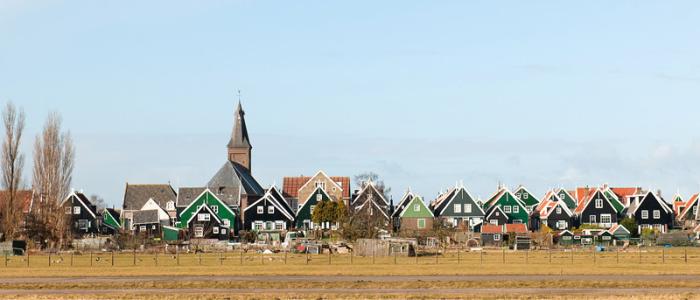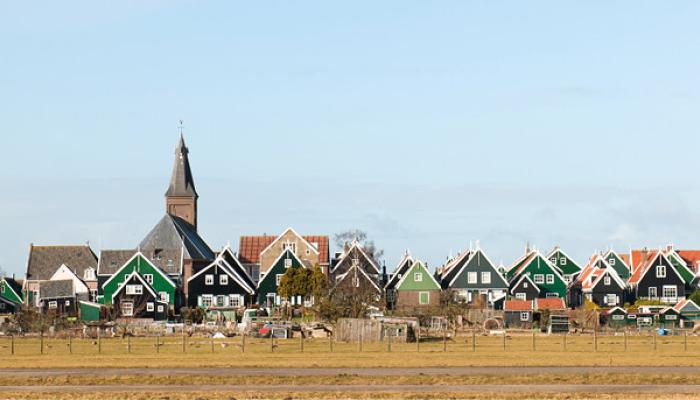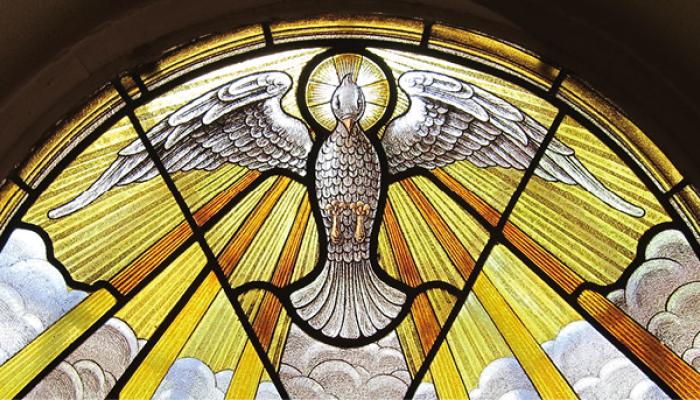
2.11 What are the origins of the Church? How did it all start?
Jesus assembled the first Apostles and so established the Church. Our current bishops and the pope are the successors of the Apostles. From the very beginning, the Apostles delegated tasks to bishops. The Church is made up of the bishops together with all the other faithful.
In the community of the Church we learn to live together and to pray properly. In this way we are being prepared to live together with God in heaven. By speaking about the Gospel, other people are given an opportunity to join this community as well, and thus come closer to God.
What does “Church” mean?
The Greek word for Church is “ekklesia” = those who are called forth. All of us who are baptized and believe in God are called forth by the Lord. Together we are the Church. Christ is, as Paul says, the Head of the Church. We are his body.
When we receive the sacraments and hear God’s Word, Christ is in us and we are in him—that is the Church. The intimate communion of life with Jesus that is shared personally by all the baptized is described in Sacred Scripture by a wealth of images: here it speaks about the People of God and in another passage about the Bride of Christ; now the Church is called Mother, and again she is God’s family, or she is compared with a wedding feast. Never is the Church a mere institution, never just the “official Church” that we could do without. We will be upset by the mistakes and defects in the Church, but we can never distance ourselves from her, because God has made an irrevocable decision to love her and does not forsake her despite all the sins of her members. The Church is God’s presence among us men. That is why we must love her. [Youcat 121]
What is the origin and the fulfillment of the Church?
The Church finds her origin and fulfillment in the eternal plan of God. She was prepared for in the Old Covenant with the election of Israel, the sign of the future gathering of all the nations. Founded by the words and actions of Jesus Christ, fulfilled by his redeeming death and Resurrection, the Church has been manifested as the mystery of salvation by the outpouring of the Holy Spirit at Pentecost. She will be perfected in the glory of heaven as the assembly of all the redeemed of the earth. [CCCC 149]
Why does God want there to be a Church?
God wills the Church because he wants to redeem us, not individually, but together. He wants to make all mankind his people.
No one gets to heaven by the asocial route. Someone who thinks only about himself and the salvation of his own soul is living a-socially. That is impossible both in heaven and on earth. God himself is not a-social; he is not a solitary, self-sufficient being. The Triune God in himself is “social”, a communion, an eternal exchange of love. Patterned after God, man also is designed for relationship, exchange, sharing, and love. We are responsible for one another. [Youcat 122]
The Apostles received the Gospel for us from the Lord Jesus Christ... with full assurance of the Holy Spirit, they went forth preaching the Gospel of the Kingdom of God that was about to come. Preaching, accordingly, throughout the country and the cities, they appointed their first-fruits, after testing them by the Spirit, to be bishops and deacons of those who should believe. [St. Clement of Rome, Letter to the Corinthians, Chap. 42 (MG I, 292)]
Salvation, which always remains a gift of the Holy Spirit, requires man's cooperation, both to save himself and to save others. This is God's Will, and this is why he established the Church and made her a part of his plan of salvation. [Pope John Paul II, Redemptoris Missio, n. 9]





